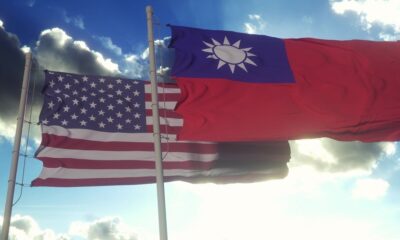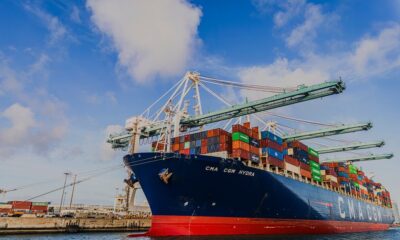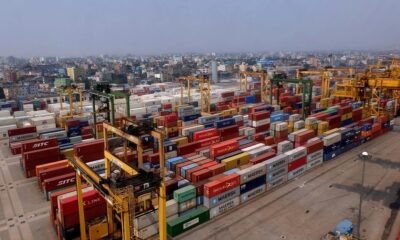Fashion
Uzbekistan taking steps to expand footprint in US
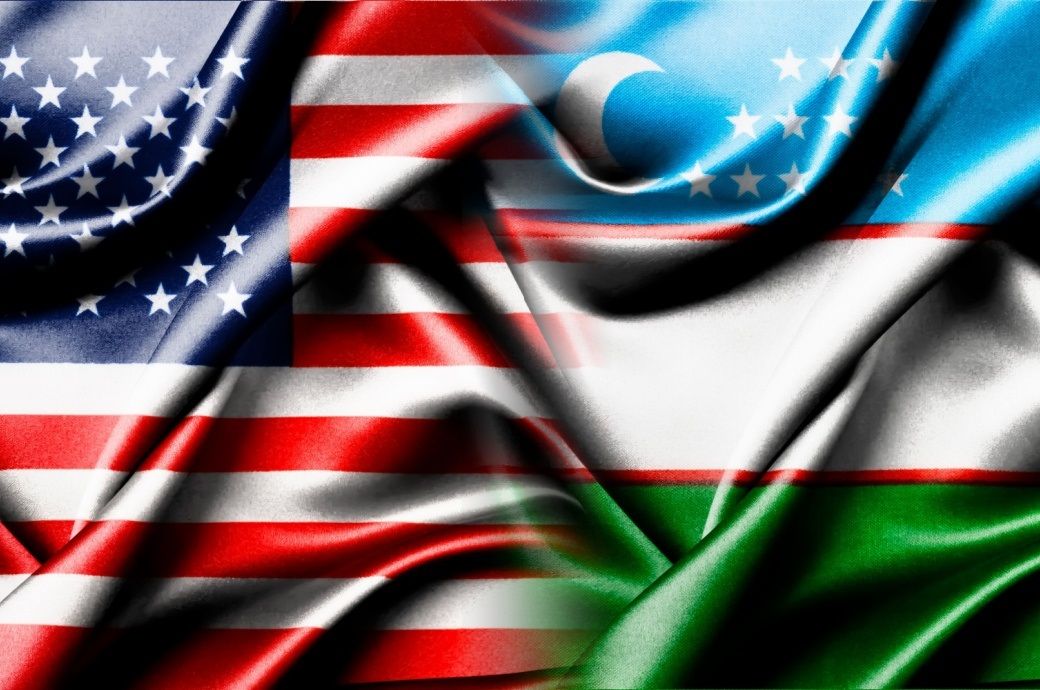
Uzbekistan, a rising power in the global apparel export domain, is one such name that is preparing to establish a stronger foothold in the US textile market.
Uzbekistan is working to strengthen its presence in the $100 billion US textile market through initiatives like opening trading houses in St. Louis and New York.
To boost exports and competitiveness, Uzbekistan is investing in modernising its textile sector even as reforms are reportedly focused on upgrading technology, improving compliance, and securing international certifications.
Speaking to Fibre2Fashion Isomiddin Mirzayev, the head of international relations and foreign investment at the Uztextile Industry Association, shared that while new US tariffs are often layered over existing ones—raising the risk of double taxation—Uzbek products still face lower overall duties compared to many other countries.
“The overall tariff burden on Uzbek goods remains lower than that on some other countries, potentially giving us a competitive edge—especially as buyers shift orders away from China,” underlined Isomiddin.
With deep roots in cotton production, Uzbekistan is taking calculated steps to expand its reach into the $100 billion US textile market.
President Shavkat Mirziyoyev has announced plans to open two textile trading houses in key American cities—St. Louis and New York—as part of this broader strategic vision. These hubs are expected to serve as promotional and sales centres, linking Uzbek manufacturers directly with US retailers, fashion brands, and buyers.
This move is more than a symbolic gesture; it is a practical and targeted effort to tap into one of the world’s most lucrative consumer markets. The idea is to eliminate intermediaries and create direct lines of communication between producers and buyers, thereby improving efficiency, responsiveness, and profitability.
By placing trading houses in cities with commercial significance and a well-established fashion ecosystem, Uzbekistan is positioning itself to play a more proactive role in the global apparel supply chains.
“Even though the actual export volume remains modest still— under $2 million annually, with proper positioning, a targeted marketing strategy, and optimised logistics, Uzbekistan could significantly increase its export volumes to the US,” claimed Isomiddin in an earlier interaction.
The trading houses, if industry insiders are to be believed, are just one aspect of a much broader push to modernise the Uzbek textile industry, which has been grappling with external pressures such as falling global cotton prices lately.
Recognising the availability of raw material alone is not enough, the government has reportedly launched a series of reforms aimed at upgrading infrastructure, technology, and compliance standards.
According to reports, a $200 million preferential fund has also been allocated to help manufacturers modernise operations and meet export goals. The focus is not only on increasing output but also on elevating the quality and traceability of products to meet international standards.
One of the critical steps in this modernisation journey is improving industry credibility through global certifications.
Uzbekistan is reportedly aiming to have at least 300 textile firms certified to international standards, making them more attractive to buyers who prioritise sustainability, ethical sourcing, and quality assurance.
These certifications are not just badges of compliance; they are gateways to larger orders and longer-term contracts from established brands.
In parallel, the government is also said to be investing in technological upgrades, which will help streamline operations, enhance inventory and supply chain visibility, and enable better decision-making at all levels of the production process.
The country is also reportedly turning to artificial intelligence to boost productivity, improve transparency, and reinforce traceability in the textile sector, according to industry insiders, who claimed that subsidies are also being offered to train workers in digital tools and automation, with the ultimate aim of building a smart, agile, and responsive industry.
The Uzbek government is also reportedly eyeing the European market with the overarching goal to double exports of finished textile products. By shifting focus from commodity exports to finished goods, the country aims to retain more economic value, generate employment, and elevate its status as a competitive player in the global apparel ecosystem.
In a world where supply chains are increasingly scrutinised for transparency, ethics, and sustainability, Uzbekistan is making the right moves, feel experts, who are of the opinion that if effectively implemented, these measures could transform the country’s apparel industry drastically.
Fibre2Fashion News Desk (DR)
Fashion
South Indian cotton yarn under pressure on weak demand
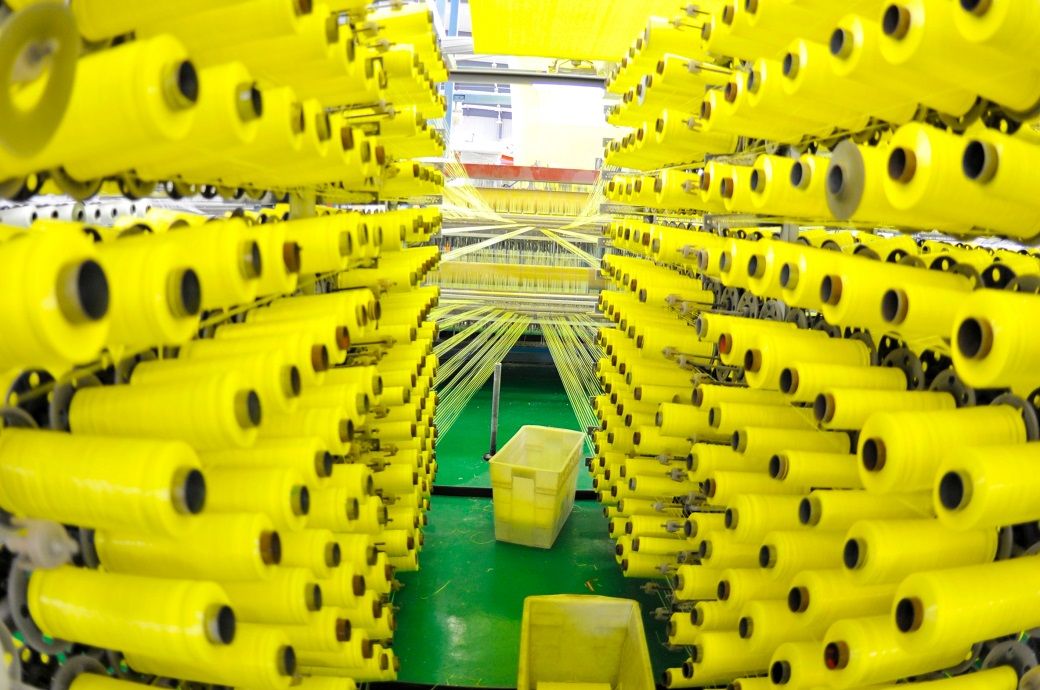
In the Mumbai market, cotton yarn prices remained unchanged as the loom sector slowed production. Although spinning mills are looking to raise their selling rates, they have not found sufficient demand. A Mumbai-based trader told Fibre*Fashion, “Power and auto looms are facing limited fabric buying from the garment industry. Export prospects are still unclear. Domestic demand is also insufficient to support any price rise. Mills are comfortable with falling cotton prices, while buyers remain silent on yarn purchases.”
In Mumbai, ** carded yarn of warp and weft varieties were traded at ****;*,***–*,*** (~$**.**–**.**) and ****;*,***–*,*** per * kg (~$**.**–**.**) (excluding GST), respectively. Other prices include ** combed warp at ****;***–*** (~$*.**–*.**) per kg, ** carded weft at ****;*,***–*,*** (~$**.**–**.** per *.* kg, **/** carded warp at ****;***–*** (~$*.**–*.**) per kg, **/** carded warp at ****;***–*** (~$*.**–*.**) per kg and **/** combed warp at ****;***–*** (~$*.**–*.**) per kg, according to trade sources.
Fashion
Bangladesh–US tariff deal may have limited impact on India
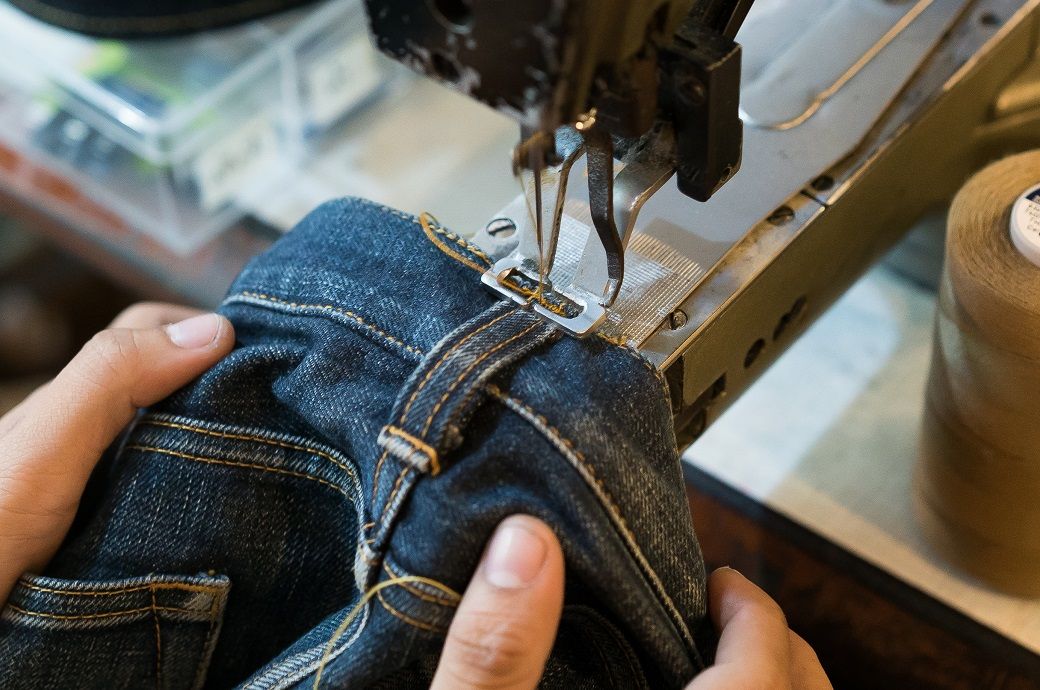
Bangladesh is already among the top suppliers of apparel to the US, particularly in basic knit and woven categories such as T-shirts, trousers and sweaters. A tariff advantage, even if modest, could sharpen its price competitiveness in high-volume, price-sensitive segments dominated by mass retailers.
The proposed Bangladesh–US trade understanding offering near zero-tariff access for garments has sparked debate in India’s textile sector.
While Bangladesh may gain a price edge in basic apparel, industry leaders believe the effective advantage could be limited to 2–3 per cent due to raw material dependence, capacity constraints and logistics costs.
However, Indian industry leaders argue that the net gain for Bangladesh may be restricted to around 2–3 per cent in effective competitiveness. They point to structural constraints, including Bangladesh’s heavy reliance on imported raw materials. A significant share of its fabric and yarn requirements is sourced from China and India, limiting flexibility in rules-of-origin compliance if strict value-addition conditions are attached to the deal.
Capacity limitations in spinning, weaving and man-made fibre processing are also seen as bottlenecks. While Bangladesh has built scale in garmenting, its upstream integration remains narrower than India’s diversified fibre-to-fashion base. Indian exporters emphasise that integrated supply chains offer advantages in speed, customisation and smaller batch production.
Logistics and lead times may further temper expectations. Distance from major US ports, coupled with infrastructure pressures and global shipping volatility, could offset part of the tariff benefit. In contrast, Indian suppliers have been investing in port connectivity, digital compliance systems and flexible production models to strengthen reliability.
Industry representatives also highlight that US buyers are increasingly factoring in sustainability, traceability and geopolitical risk. India’s growing adoption of renewable energy in textile clusters, compliance with global standards and broader product depth may help it retain strategic sourcing partnerships.
While some diversion of orders in basic categories cannot be ruled out, exporters believe the overall impact will be incremental rather than disruptive. The consensus view is that tariff preference alone is unlikely to override considerations of scale, compliance, diversification and long-term supply-chain resilience.
Fibre2Fashion News Desk (KUL)
Fashion
US lawmakers introduce Last Sale Valuation Act to end customs loophole
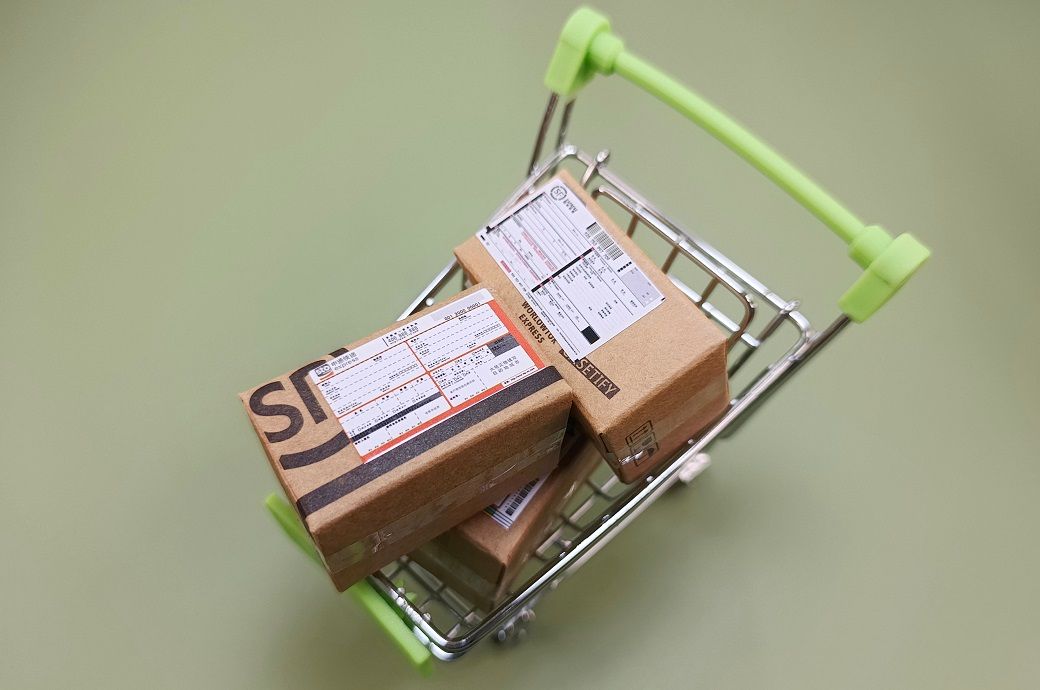
“This bill protects Louisiana workers and American businesses, ensuring loopholes don’t hold them back,” Dr Cassidy said in a press release.
US Senators Bill Cassidy and Sheldon Whitehouse have introduced the Last Sale Valuation Act to close the ‘first sale’ customs loophole that lets importers underpay duties.
The bipartisan bill would base tariffs on final sale values, strengthen US Customs enforcement and curb duty evasion.
Supporters say it will protect American manufacturers, workers and federal revenue.
If passed, the bipartisan measure would grant clearer enforcement authority to US Customs and Border Protection (CBP), streamline valuation reviews and reduce disputes over documentation, while curbing mis-invoicing and related-party pricing schemes linked to tariff evasion and illicit financial activity.
The legislation has drawn support from the American Compass, the Coalition for a Prosperous America and the Southern Shrimp Alliance.
“Cassidy’s ‘Last Sale Valuation Act’ strengthens customs valuation by assessing duties on the final transaction value of goods entering the US,” said Mark A DiPlacido, senior political economist at the American Compass, adding that closing the judicially created ‘first sale’ loophole would reduce duty evasion, simplify enforcement and increase customs revenue.
Jon Toomey, president of the Coalition for a Prosperous America, said the bill is “an important first step in restoring customs integrity,” ensuring duties are paid on the true commercial value of imported goods and helping level the playing field for American manufacturers and workers.
Fibre2Fashion News Desk (CG)
-

 Entertainment1 week ago
Entertainment1 week agoHow a factory error in China created a viral “crying horse” Lunar New Year trend
-

 Tech1 week ago
Tech1 week agoNew York Is the Latest State to Consider a Data Center Pause
-

 Business4 days ago
Business4 days agoAye Finance IPO Day 2: GMP Remains Zero; Apply Or Not? Check Price, GMP, Financials, Recommendations
-

 Tech1 week ago
Tech1 week agoNordProtect Makes ID Theft Protection a Little Easier—if You Trust That It Works
-

 Tech1 week ago
Tech1 week agoPrivate LTE/5G networks reached 6,500 deployments in 2025 | Computer Weekly
-

 Fashion4 days ago
Fashion4 days agoComment: Tariffs, capacity and timing reshape sourcing decisions
-

 Business1 week ago
Business1 week agoStock market today: Here are the top gainers and losers on NSE, BSE on February 6 – check list – The Times of India
-

 Business1 week ago
Business1 week agoMandelson’s lobbying firm cuts all ties with disgraced peer amid Epstein fallout






